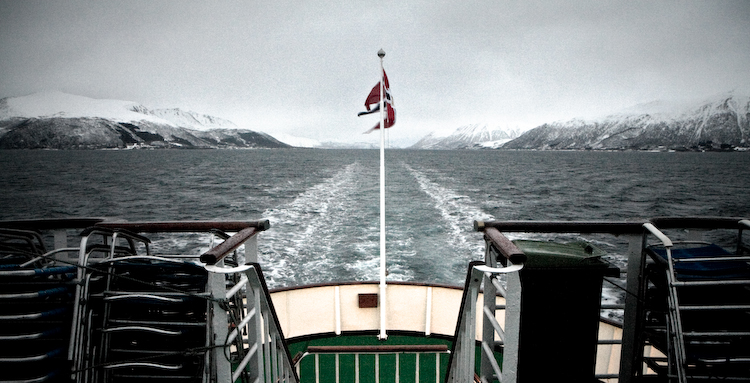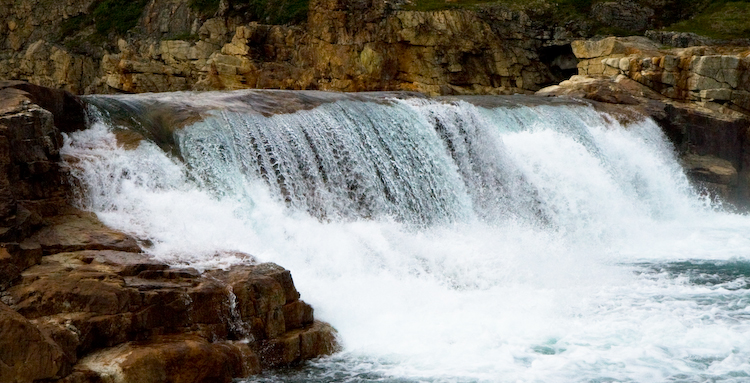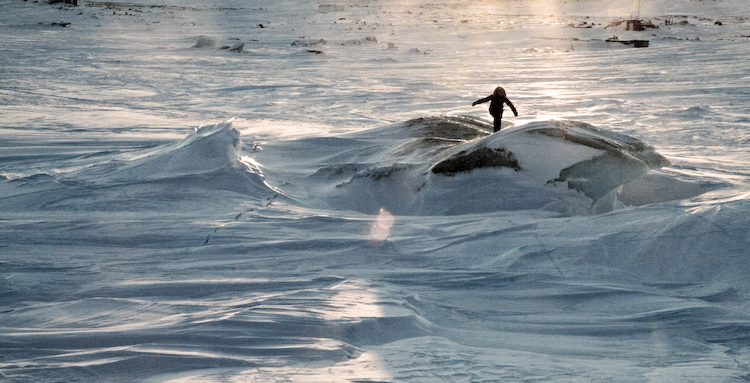A recent letter from Greenpeace Canada only strengthens the impression that Greenpeace’s vision for the Arctic doesn’t include the states and peoples who already govern and occupy the region.


A recent letter from Greenpeace Canada only strengthens the impression that Greenpeace’s vision for the Arctic doesn’t include the states and peoples who already govern and occupy the region.
My recent Northern Public Affairs column, “Arctic saviour complex,” seems to have caught the attention of Greenpeace. In my column, I criticized Greenpeace for failing to cooperate with arctic states and indigenous peoples in its campaign to “save the Arctic” from oil pollution and overfishing. As I wrote in a later summary of my column: Greenpeace …

An update on this column’s coverage so far—mostly of the disquieting potential consequences for Northerners of proposals to ban various economic activities in the Arctic.

Greenpeace’s new campaign to “save the Arctic” flies in the face of cooperation with the states and indigenous peoples who already govern and occupy the region.
Yesterday, New Democrat MP for Vaudreuil-Soulanges Jamie Nicholls cited my recent article, “Nunavut, Greenland and the politics of resource revenues,” during a session of the House of Commons Standing Committee on Natural Resources. He was questioning two senior officials from Aboriginal Affairs and Northern Development Canada (AANDC), Michel Chenier and Mimi Fortier, on resource-revenue sharing …

A cynic’s assessment of Ottawa’s approach to sharing natural-resource revenues with Canada’s three northern territories might go like this: the Yukon got the least attractive deal, the Northwest Territories got a much better one—but Greenland got the best deal of all. Left on the sidelines, Nunavut has had to content itself with an advance look at the terms on offer, including the comparatively generous terms Greenland obtained from Denmark. Should Nunavut try to match Greenland’s revenue-sharing deal for itself?